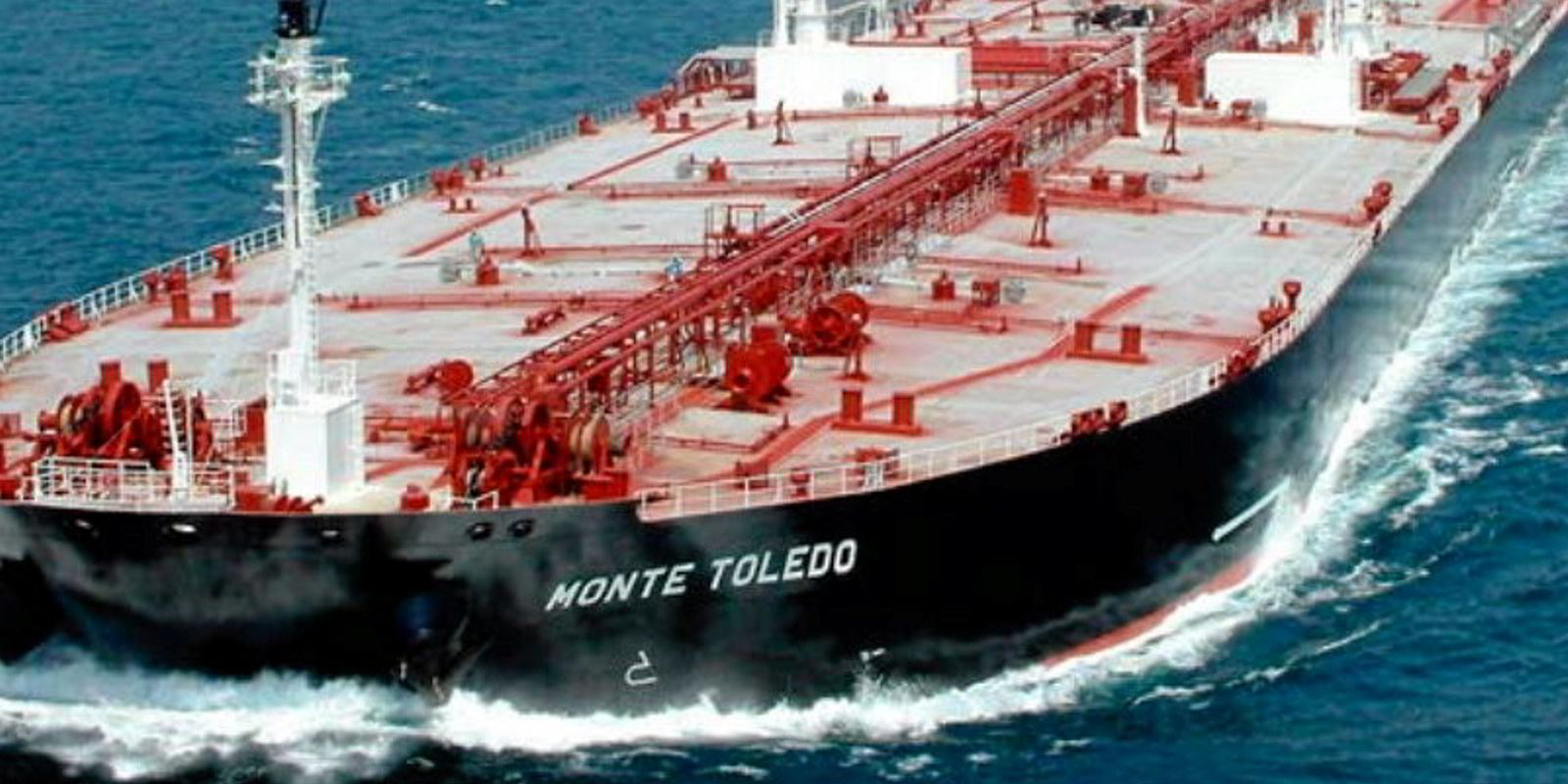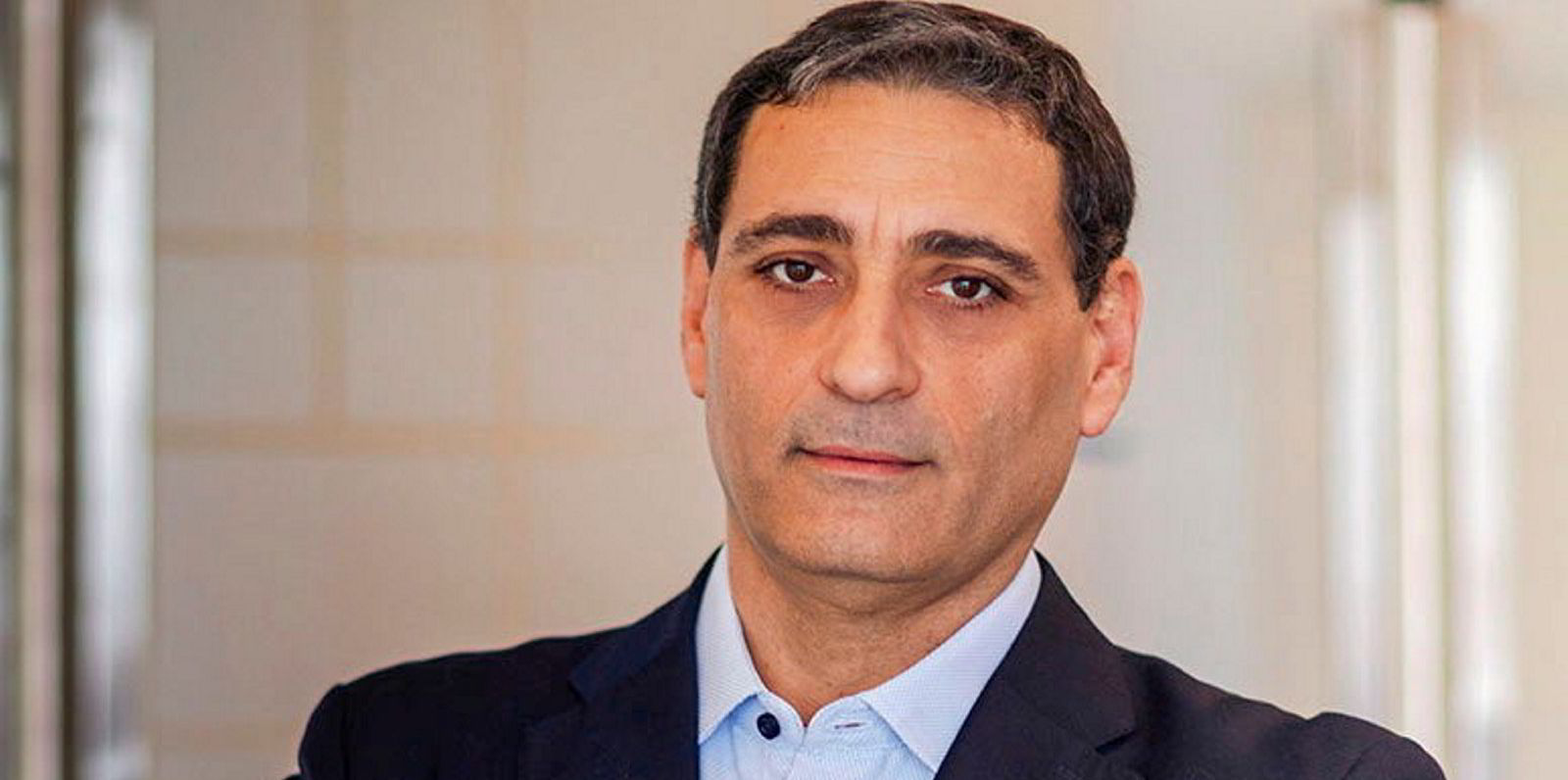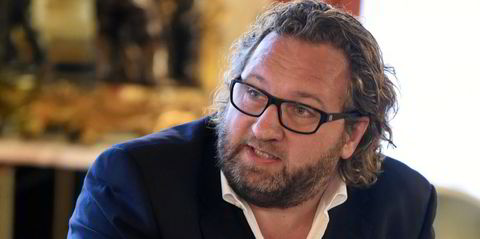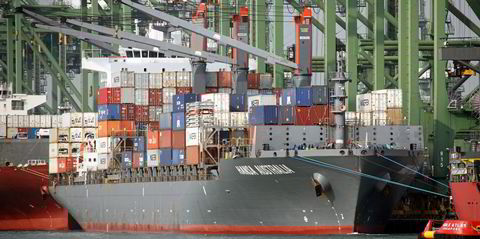Chile’s Supreme Court has cleared three oil company bosses in a pollution case prosecutors had tried to blame on the handling and storage of a cargo of Iranian crude.
The court acquitted three executives from state-owned ENAP, Edmundo Piraino Suez, Juan Pablo Rhodes Valenzuela and Carlos Andres Lizana Guerrero, in a three-to-two split decision, domestic media reported.
The case dates back to 2018, when more than a thousand people in Quintero suffered vomiting and headaches due to a toxic cloud.
Prosecutors claimed this was caused by the handling of a cargo of crude from Iran brought into the port on Ultranav’s 113,000-dwt aframax Cabo Victoria (built 2017).
This part-cargo had been transhipped at the port of San Vicente de Talcahuano from Spanish owner Ibaizabal Group’s 151,000-dwt Monte Toledo (built 2004), because the suezmax was too big for the terminal.
The BioBio website said the Supreme Court ruled that the Iranian oil, and the hydrogen sulphide and water it contained, were not waste elements, but were found to be naturally occurring.
“Both Iranian oil and hydrogen sulphide are not on the lists of hazardous waste provided for in the Regulation on Hazardous Waste of the Ministry of Health, so neither do these substances meet the characteristics required by the criminal offence,” the court said.
There was also no illicit trafficking of hazardous waste, the court ruled.
ENAP said the ruling was “consistent with what has been stated by ENAP since the beginning of this trial”.
The trio had been convicted of waste-handling offences in 2023.
Ibaizabal and Ultranav have not responded to requests for comment.
The master of the Cabo Victoria, Vicente Vivanco Lopez, had earlier told prosecutors he had raised concerns over the thoroughness of checks for hydrogen sulphide before the transfer was carried out.
The Monte Toledo has since been sold into Nigeria. It now operates as the Adebomi for an unknown owner.






